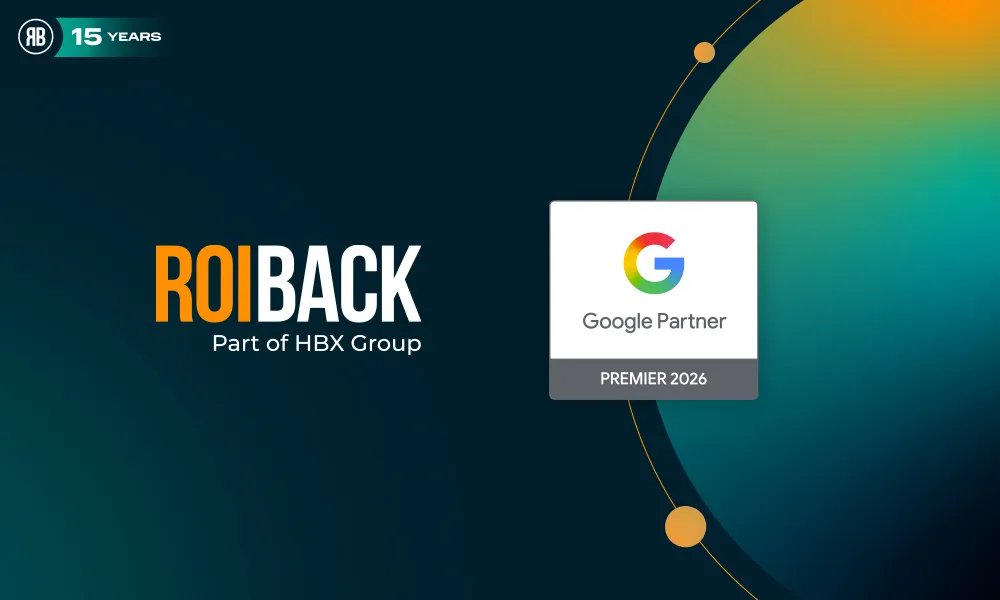How changes in GOOGLE due to the DMA impact your direct channel and what to do to adapt
News
December 12, 2024

In this article, we explore how the changes resulting from the DMA, especially those related to Google and Google Hotel Ads, affect hotels like yours, and what strategies you can implement to mitigate these impacts and optimize your direct channel.
What is the DMA and what does it require companies to comply with?
The Digital Markets Act (DMA) is a key regulation that seeks to ensure fair competition in the online market and protect user privacy within the EU/EEA. The companies "affected" by this law are: Alphabet (Google), Amazon, Apple, ByteDance (TikTok's parent company), Meta (parent company of Facebook, Instagram and WhatsApp), Microsoft and, more recently, Booking.com.
What are the gatekeepers within the EC (European Commission) obliged to do?
The DMA requires major digital platforms (called "gatekeepers") to comply with rules designed to:
- Promote competition: Allow equal access to data and audiences, facilitate data portability, and avoid favoring their own products over those of third parties.
- Protect privacy: Collect data only with explicit consent, prohibit creating profiles without authorization, and facilitate the removal of pre-installed applications.
Impact on Google and Hotel Ads
In response to the DMA, Google has implemented significant changes in the usability of its products, affecting platforms such as Search, Maps, and Hotel Ads.
Since the beginning of 2024, Google has implemented changes on its Google Hotel Ads platform that have reduced the visibility and CTR of campaigns, impacting clicks and visits to hotel websites. The reduction in advertising investment for Roiback clients in Europe has been -23% compared to last year.
Conversely, although clicks have decreased, the level of bookings for GHA has remained practically flat compared to last year, indicating a limited impact on performance, but a slight improvement in CPA and ROI. Both the conversion rate and the CPA are variables that depend on many other factors in order to draw clear conclusions (rates, disparities, bidding models, account optimization, etc...). What does seem clear is that there is a negative impact on the visibility of hotels within the Google Hotel Ads ecosystem, but that it is not equally reflected in conversions.
It should be noted that the other two most relevant metasearch engines, Tripadvisor and Trivago, have absorbed part of the growth that GHA should have achieved during 2024 and have recovered some of the "share" lost over the last 3 years.
Will Google continue to make modifications to search results?
Yes. Google will continue to make small changes and tests throughout the year, until it meets all the requirements of the DMA. For example, it recently announced a new test in 3 markets in Europe, where it eliminates several map and hotel results and functionalities, moving towards a format very similar to the old one with simple search results (starting with the paid ones and followed by the organic ones). You can get more information about the latest Google modifications in the article "An update on our compliance with the DMA".
What does this test look like in a real environment?
Example "hotel + destination" in Google DE:
.webp)
Example "hotel + destination" in Google Spain:
.webp)
As you can see, several functionalities disappear in the test.
At the moment, we do not see tests for brand keywords "hotel name"
You can read more about this test in the thread: "A temporary Search experiment for hotel results in Germany, Belgium and Estonia"
What impact could these changes have?
- Reduced visibility in Maps and GHA: This could require increasing bids in SEM to compete with OTAs and metasearch engines.
- Budget readjustment: Possible redistribution towards campaigns such as Search, Performance Max, Demand Gen, or YouTube Ads.
Practical recommendations for a hotelier:
At Roiback, we collaborate closely with Google to understand these changes and mitigate their impact on our clients. We recommend:
Diversify your channels: Don't rely solely on Google.
Opt for a strategic combination of digital marketing that includes metasearch engines, SEM, and social networks.
Optimize investment: Work with your specialized partner to continuously analyze performance and prioritize the most profitable channels for your hotel profile.
What does Booking.com's designation as a “gatekeeper” mean for the direct channel?
Booking was designated on May 13, 2024, as a "Gatekeeper" several months after the commission assigned the other companies. Following its designation, Booking had six months to comply with the relevant obligations under the DMA, offering end-users more choices and freedom, and fair access for commercial users to the gatekeeper's services.
As the most striking and immediately impactful change they have implemented, as I imagine you have read, is to eliminate all price parity clauses. Hotels within the EU can offer a better price on their own website than the price offered through Booking.com.
Even so, and despite this and other changes, it is perceived in the sector that they do not address several obligations identified in the regulations, and at least in the short term, no positive impact on the direct channel seems to be appreciated. We will continue to monitor this evolution to continue evaluating during the coming weeks and months.
Conclusion
The DMA is driving profound changes in the digital ecosystem, and although these may create challenges, they also open up new opportunities for hotels that know how to adapt strategically. At Roiback, we continue to monitor the evolution of these regulations and work in collaboration with our clients to ensure they are prepared and can maintain leadership in their direct channel.
If you have any questions or need advice, do not hesitate to contact us. We are here to help!
Read more

News
Roiback recognized as Microsoft Advertising Select Partner 2026
By
Roiback

News
Roiback is once again a Google Premier Partner in 2026: what this means for your hotel and why it matters more than ever
By
Roiback

News
Waste in hospitality: from operational control to circular strategy
By
Roiback




